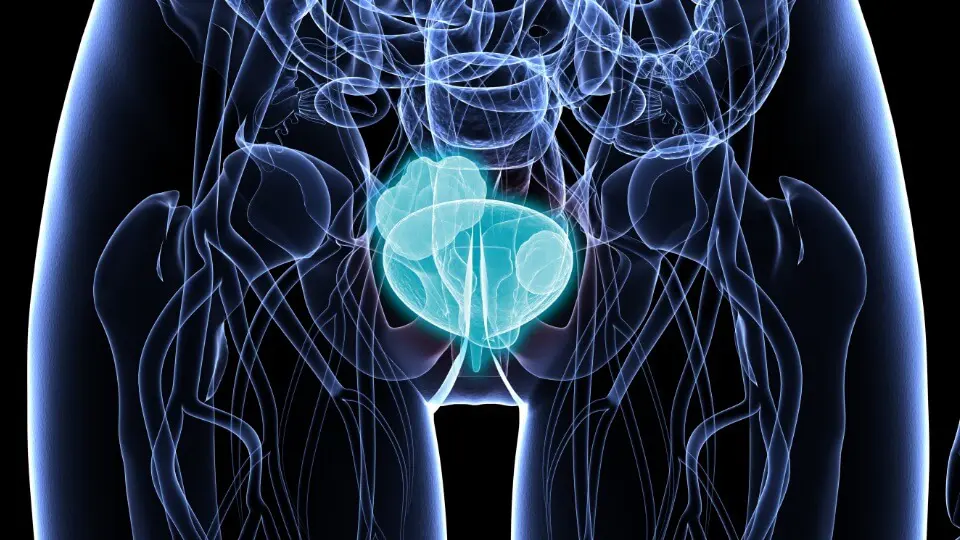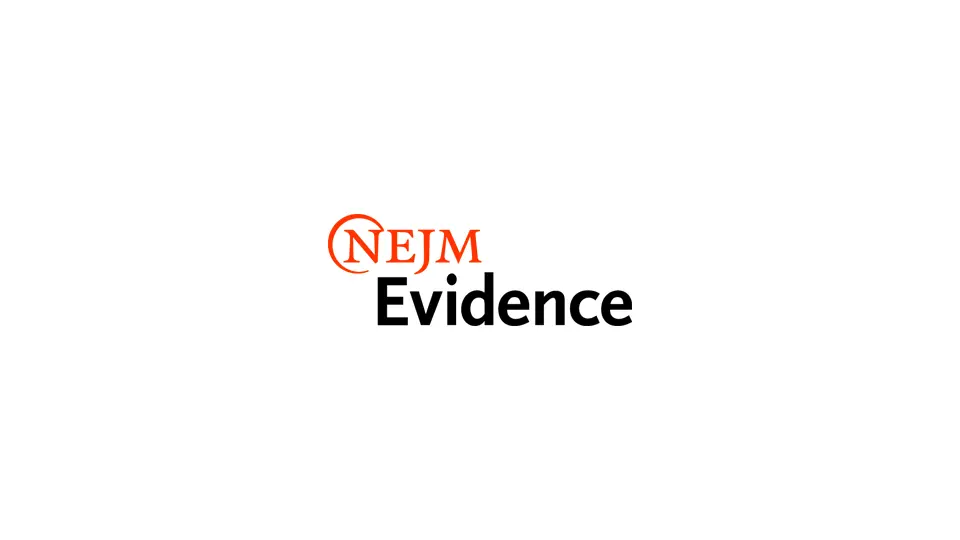Bladder Cancer
An Urgent Need to Treat Bladder Cancer and Help Prevent Radical Cystectomy
Bladder cancer ranks as the 10th leading cause of cancer-related deaths in the United States. According to the American Cancer Society, an estimated 84,870 new cases are anticipated in 2025, with nearly 80% expected to be non-muscle invasive bladder cancer, wherein the cancer is found only on the inner layer of the bladder wall. 1,2

The standard therapy for NMIBC is intravesical instillation (delivery to the bladder via a catheter) of bacillus Calmette-Guerin (BCG).3,4 BCG is a benign bacteria that induces an immune response in the bladder in proximity to the cancer cells, leading to clearance of the cancer in many patients. In ~30-40% of patients, however, BCG will fail, and in ~50% that initially respond, cancer will recur.5
Failure of BCG may lead to a lifetime of invasive examinations and possibly repeated treatments for recurrences. The recurrence of NMIBC typically diminishes a patient’s quality of life, poses a significant financial burden for most patients, and is associated with a greater mortality risk. For another ~50% of patients, controlling the disease will require them to undergo radical cystectomy – surgical removal of the bladder.6 Thus, there is an urgent unmet need to treat NMIBC and avoid radical cystectomy. Due this need, the U.S. Food and Drug Administration (FDA) has issued a guidance for the design of studies for the development of NMIBC treatments that includes the goal of avoiding this drastic surgery.
Bladder Cancer Clinical Trials
QUILT-2.005 Clinical Trial of N-803 Plus BCG for BCG-Naive NMIBC
We also conducted a Phase 1b open-label trial to study ANKTIVA and BCG in NMIBC patients who did not previously receive BCG, referred as being ‘BCG-naïve’. As described for the QUILT 3.032 study, patients were treated once weekly for 6 weeks. Three doses of N-803 were tested: 100, 200, and 400 μg along with 50 mg BCG. The rationale for the study is that ANKTIVA when used in combination with BCG will increase the complete response rate and produce durable responses.
Phase 1b part is completed and all nine participants (100%) achieved a CR. A dose of 400 μg of N-803 was established for Phase 2b. The responses were long-lasting in all patients, with all participants remaining disease-free 6 years after treatment.7
We are currently enrolling patients in Phase 2b, which is blinded, randomized, two-cohort, open-label, multi-center trial of intravesical BCG plus ANKTIVA versus BCG alone, in BCG naïve patients with high-grade NMIBC CIS (Cohort A) and NMIBC papillary (Cohort B). Planned enrollment for Cohort A (CIS) and Cohort B (papillary) is 366 and 230 patients, respectively.
https://clinicaltrials.gov/ct2/show/NCT02138734
- American Cancer Society: Key Statistics for Bladder Cancer (2025) https://www.cancer.org/cancer/types/bladder-cancer/about/key-statistics.html
- Aldousari et al. Update on the management of non-muscle invasive bladder cancer. Can Urol Assoc J. 2010 Feb; 4(1): 56–64 doi: 5489/cuaj.777
- Holzbeierlain et al. Diagnosis and treatment of non-muscle invasive bladder cancer: AUA/SUO guideline 2016 (amended 2020, 2024). https://www.auanet.org/guidelines-and-quality/guidelines/bladder-cancer-non-muscle-invasive-guideline.
- Grabe-Heyne et al. Intermediate and high-risk non-muscle invasive bladder cancer: an overview of epidemiology, burden, and unmet needs. Frontiers in Oncology 2023 13:1170124. Doi: 10.3389/fonc.2023.1170124. https://www.ncbi.nlm.nih.gov/pmc/articles/PMC10272547/
- Kodera et al. The management of bacillus Calmette-Guerin (BCG) failure in high-risk non-muscle invasive bladder cancer: a review article. Cureus 2023 15(6): e40962. doi: 10.7759/cureus.40962. https://www.ncbi.nlm.nih.gov/pmc/articles/PMC10369196/
- Li R, Tabayoyong WB, Guo CC et al. Prognostic Implication of the United States Food and Drug Administration-defined BCG-unresponsive Disease. European Urology 2019; 75: 8-10. 2019. https://www.sciencedirect.com/science/article/abs/pii/S0302283818307164
- Rosser CJ, Tikhonenkov S, Nix JW, Chan OTM, Ianculescu I, Reddy S, et al. Safety, Tolerability, and Long-Term Clinical Outcomes of an IL-15 analogue (N-803) Admixed with Bacillus Calmette-Guérin (BCG) for the Treatment of Bladder Cancer. Oncoimmunology. 2021;10(1912885):1-7. https://pubmed.ncbi.nlm.nih.gov/33996264/
Related Research
Recent News
rBCG Expanded Access Program
ImmunityBio is working to address the shortage and ongoing patient need of Bacille Calmette-Guérin (BCG) by developing a new form of BCG called recombinant mycobacterium BCG (or rBCG), and making it available in the United States both through clinical trials and an Expanded Access program for patients that do not qualify for clinical trials. Learn More



